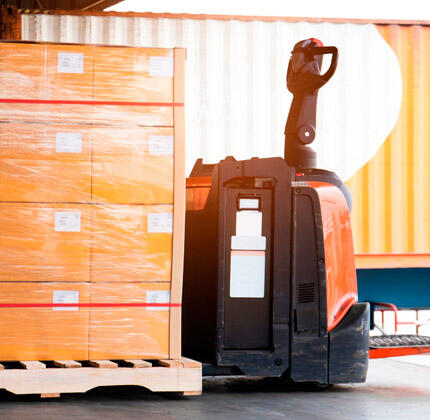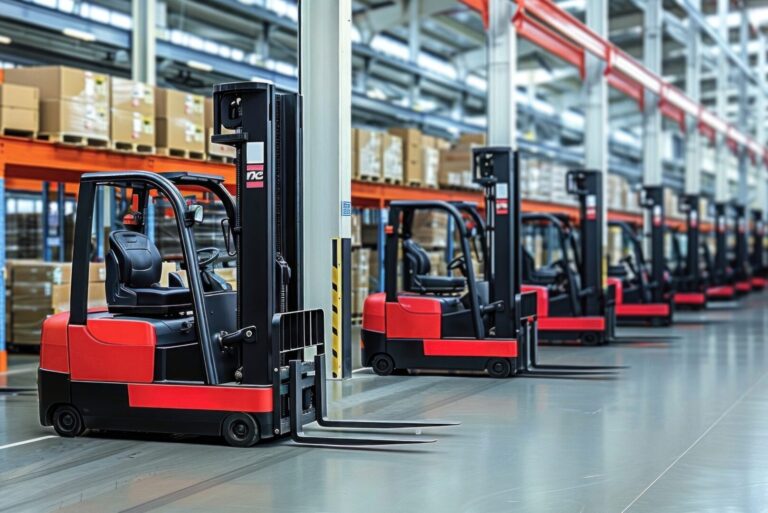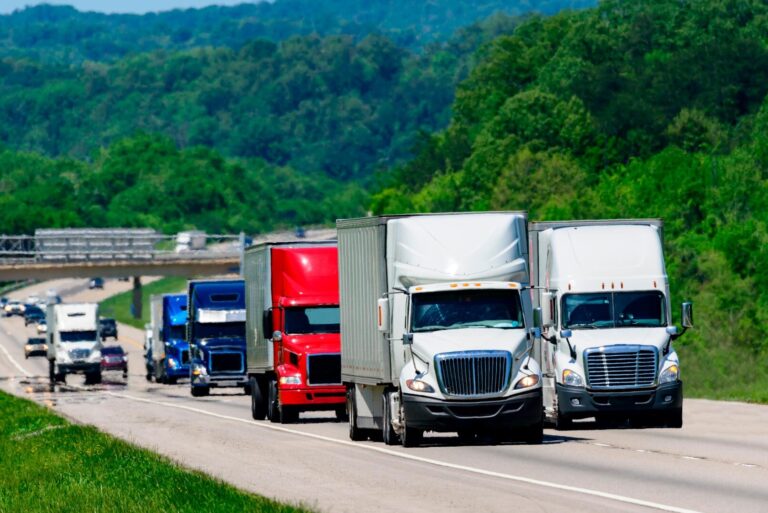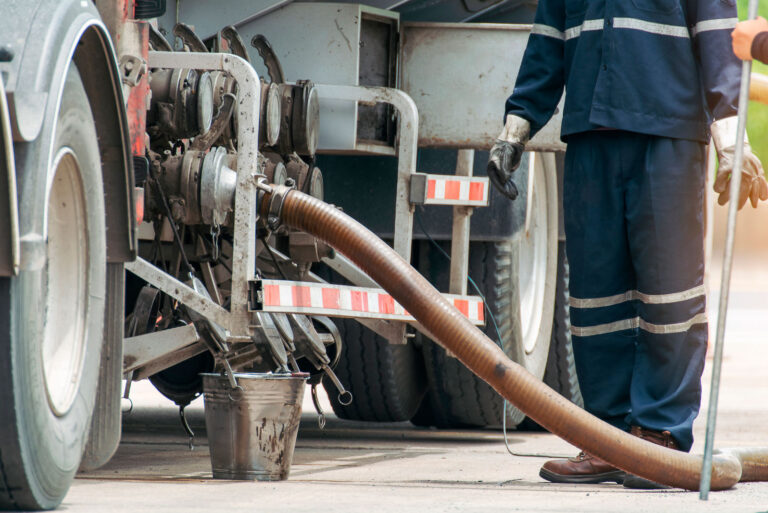Success Stories: How Businesses Are Offsetting the Cost of Transitioning to Electric
August 16, 2023
A growing number of companies across California are taking advantage of the Low Carbon Fuel Standard (LCFS) to earn additional revenue through their electric vehicles and electric forklifts. However, many fleet owners are still hesitant to participate, seeing the LCFS and other funding opportunities as too good to be true. These opportunities, however, are legitimate and provide fleet owners and MHE operators with substantive opportunities to meet California’s rapidly changing regulations, all while saving money in the process.
This article takes a look at how EV fleet owners and MHE operators across California are benefitting from the LCFS and using their LCFS credits to offset the costs of California’s environmental regulations.
New Regulations Pose Hurdles for Fleet Owners and Forklift Operators
California’s transportation industry has undergone substantial changes in the past decade, with the Emissions Reduction Plan mandating that all trucks sold in California will be zero-emission by 2040. While the price of new electric trucks has decreased in recent years, electric heavy-duty vehicles can still cost up to $457,000, creating major obstacles as companies across the state work to comply.
Along California’s South Coast, the Air Quality Management District (AQMD) imposed the Warehouse Actions and Investments to Reduce Emissions (WAIRE) program to reduce emissions associated with warehouses. This regulation can result in warehouse operators accumulating credits or paying mitigation fees to meet compliance. Under the WAIRE program, warehouse operators can accumulate fines ranging from $10,000 to $350,000 per year for the use of diesel trucks.
While these regulations will ultimately lead to a cleaner and more efficient transportation industry, they pose immediate challenges to fleet owners and MHE operators who are concerned about the costs of transitioning to electric vehicles (EVs) and electric forklifts. However, the California Air Resources Board (CARB) – which oversees the implementation of the majority of these regulations – couples these potentially costly regulations with opportunities for fleet owners to mitigate the costs of transition. The Low Carbon Fuel Standard offers fleet owners and MHE operators the opportunity to earn revenue for their reduced emissions, thereby encouraging the widespread adoption of low-carbon and electric vehicles while simultaneously helping to offset the cost of transition.
Leveraging LCFS Credits to Meet Compliance
While many operators affected by California’s regulations worry that the cost of transitioning to electric vehicles and forklifts will be too high, operators that have already begun the transition report being able to substantially offset costs with LCFS rebates, as well as a rapid return-on-investment that provides long-term savings.
Under the LCFS, fleet owners and MHE operators can earn credits for their reduced emissions, which can be sold to fuel producers struggling to meet emission reduction targets. This program is designed to encourage the widespread transition to electric commercial vehicles and MHE by offering additional revenue streams for EV operators. This additional revenue can substantially offset the costs of electric forklifts, trucks, and charging stations, which are still much higher than traditional internal combustion engine (ICE) vehicles. The LCFS program helps bring down the costs of electric forklifts and trucks to be competitive with traditional ICE vehicles.
Similarly, warehouse operators are utilizing electric MHE to offset WAIRE fines. The use of electric yard trucks and forklifts help warehouse operators reach compliance under AQMD regulations and reduce the fines accumulated for using diesel trucks.
Long-Term Savings with Electric Charging Stations

Smart Charging Technologies (SCT) helps fleet owners and MHE operators manage and sell their LCFS credits to maximize their earnings. Through on-site audits, SCT has helped a number of warehouse operators and fleet owners identify areas of improvement in their equipment.
SCT offers credit aggregation services in all states with energy rebate programs, including California, Oregon, Washington, and Canada. By partnering with SCT, you can take the hassle out of generating credits and focus your efforts on your business.
Related Posts









